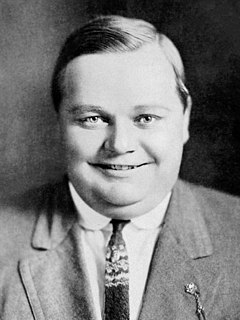A Quote by V. S. Pritchett
It is less the business of the novelist to tell us what happened than to show how it happened.
Related Quotes
Not all that is presented to us as history has really happened; and what really happened did not actually happen the way it is presented to us; moreover, what really happened is only a small part of all that happened. Everything in history remains uncertain, the largest events as well as the smallest occurrence.
Something may have happened before, and yet this thing that happened just after may be so important that you don't even know about the thing that happened before and when you tell your story to yourself, or to someone else, it's going to be told not on the basis necessarily of the time course, but rather on the basis of how it was valued by you.






































